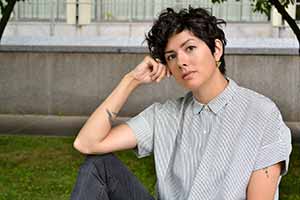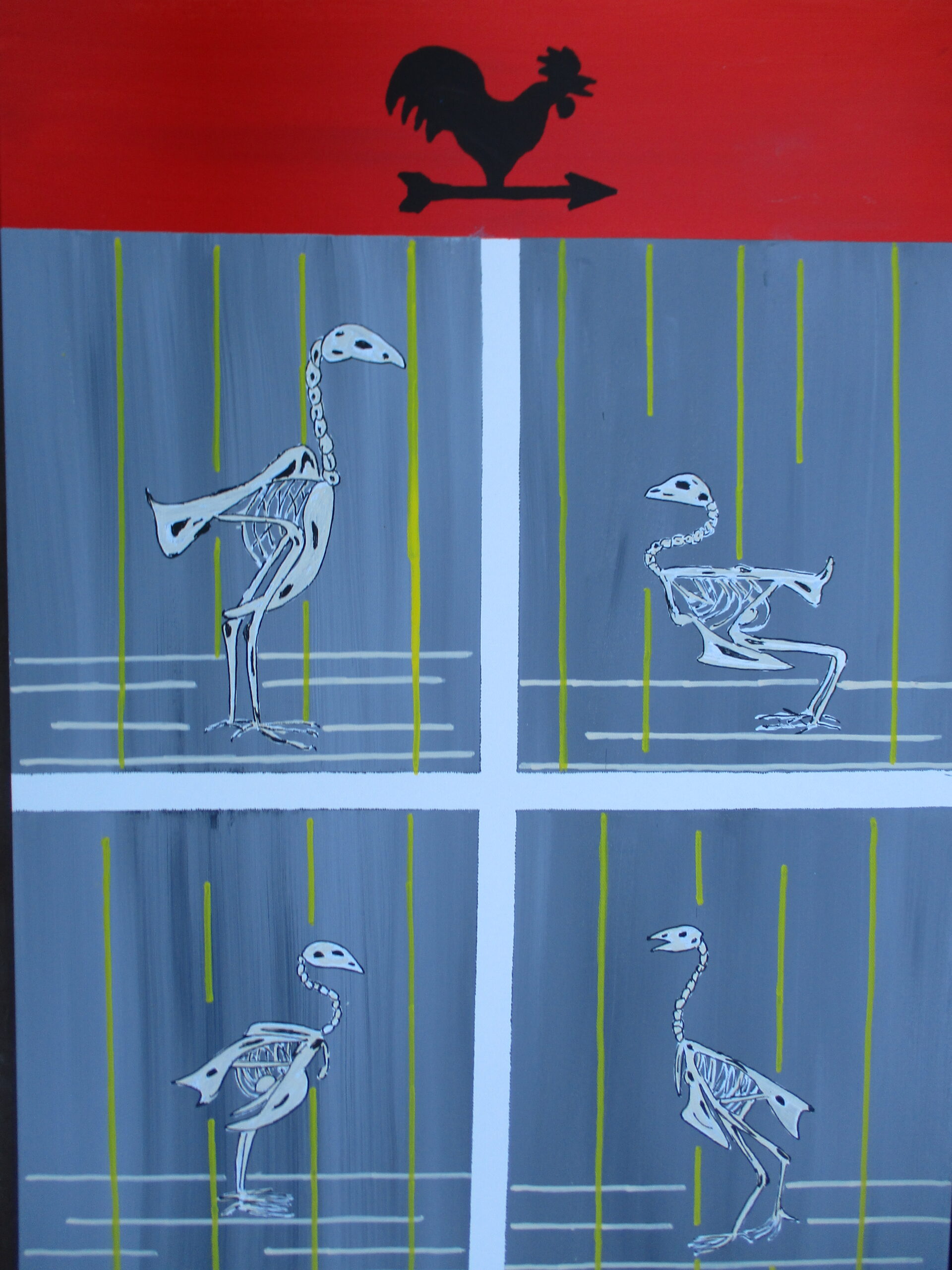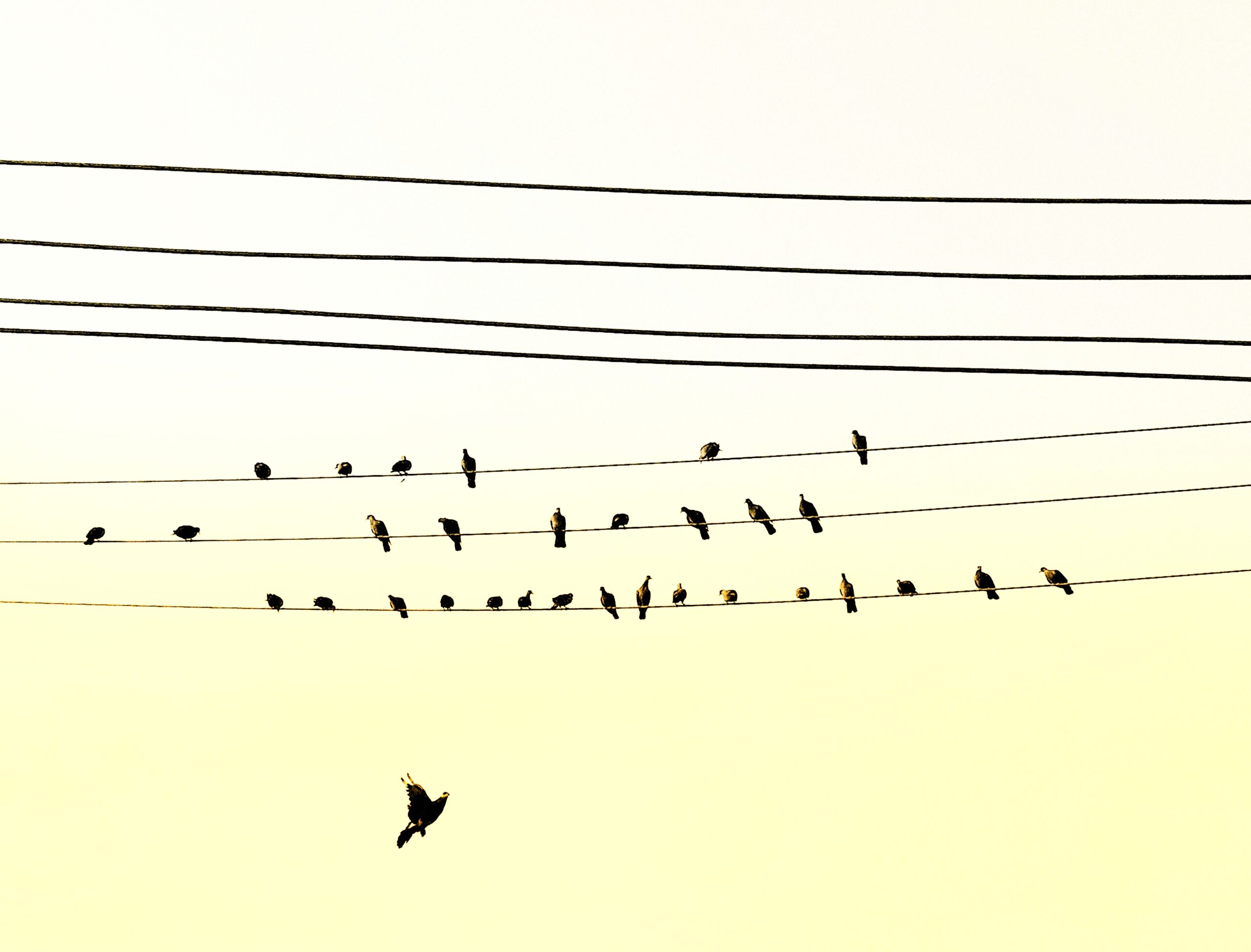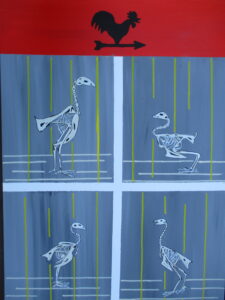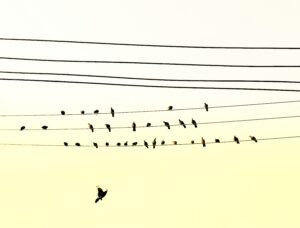No one needs another poem about the Second World War
by Kimberly Quiogue Andrews
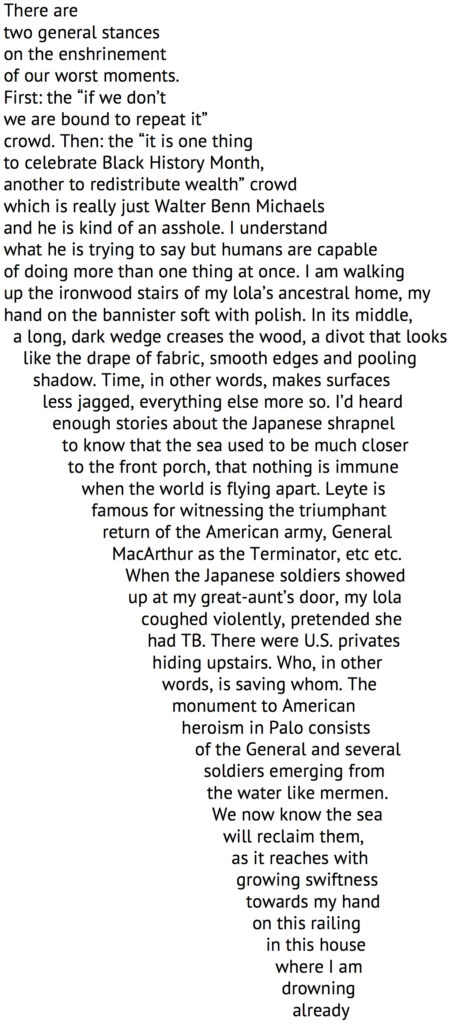
The Collapse
(Payatas, Quezon City, Philippines. 2000.)
At night during the summer, the mountain of garbage would just light up, and I would say to my husband: “Look, it’s like candles are burning. It’s like we are living in a cemetery.”
—Maria Luz Ochondra
Is it all right if I just go ahead and say
that the moral of this story
will have something to do
with the scourge of capitalism? Will you keep reading?
Good okay then—
One day, after heavy rains,
the garbage rushed down like
like
one day the garbage
rushed like
rushed
it was in a hurry
one day the
one day the garbage
collapsed, scraping itself clean of every person roaming the piles—
***
You’re smart. You can look up the plot. I have other things to do.
***
Ravine (n): a place where it is difficult
to build condominiums
HAIL
All hail level ground
All hail the reuse of refuse to create level ground
All hail the innovations of the Filipino upper-middle class
All hail the need for condominiums
All hail Manila’s 10,000 tonnes of trash per day
All hail urban migration
All hail the grey economy
All hail hotel chains like The Peninsula and Mandarin Oriental
All hail Pope John Paul II
All hail hamburgers / “a living metaphor” / the EcoPark
“perilous and illuminated city”
“a torrent made of citizens”
(Anne Boyer)
Methane (n): rotten eggs; a flammable gas; opportunity
for waste recapture (obsolete).
In a flattering article in The Guardian, it is reported that
conditions are improving since the burial
of 300-800-1400-???? men women and children
under the unrelenting liquid that death becomes—
The hotel chains are allowing
the orderly picking-through of their trash
A dog
dead a year
your last garment
***
One might argue that the market in the form of trash
has presented economic opportunity for those people
who would otherwise be living in rural, as opposed to
urban, deprivation; that the expropriation of farmlands
by the growing need for disposal sites outside of the
capital city is a foregone conclusion and thus it is, in
fact, a chance for those who have no other real means
of doing so to make a living within the constraints (
however unfortunately) imposed upon them by the
realities of population expansion. In this sense, the
mother carefully assessing the rungs of a ladder as
she climbs down from her shack raised above the rot,
her child clinging to her back like a question no one
has yet been able to answer, has been well integrated
into the system of waste management developed and
supervised by a private operator (name declined).
***
Theorize disposability : plastic :: the global South : _______
(I have failed this exam many times)
(For $195 per try, however, you can take it as many times as you’d like)
***
The stillness after disaster sounds the same
as the stillness of peace i.e.
even silence has its own silences
each of which in its nest requires interpretation
A regional delicacy is beaten chicken the bruising
toughens the meat rendering the texture more pleasing
to a plate that prefers to work things over
There is always something to be furious about
By which I mean there is always some way
to outsource the concretization of savagery
***
Speakeasy culture has taken hold in Manila, namely
in Makati, which is the only place in the city that can support
the back of a place called “Joe’s Meat Shack” opening
up onto tin ceilings, Edison bulbs, and
clear tumblers full of imported gin and sage syrup.
My cousin took me to one, once, beaming—
It’s just like the bars in Brooklyn naman!
***
“Property”
We regret to inform you
that all the IKEA furniture you own
will at some point in the indeterminate but middle-term future
rise up against you by way of labeling each of your body parts
with a letter or number, dismembering you, and storing you
in a flatpack box for easy transport and eventual reassembly.
Please call the store for assistance
Please call your oranges, long showers, and flowers for when
you’re very sorry
Please call every abomination by its proper name,
the-distance-between-us-and-ourselves,
present it with a bouquet
hold out to it wan proof
Already decaying already arrested
that the world pushes up
despite itself that it riots
in color repeats



